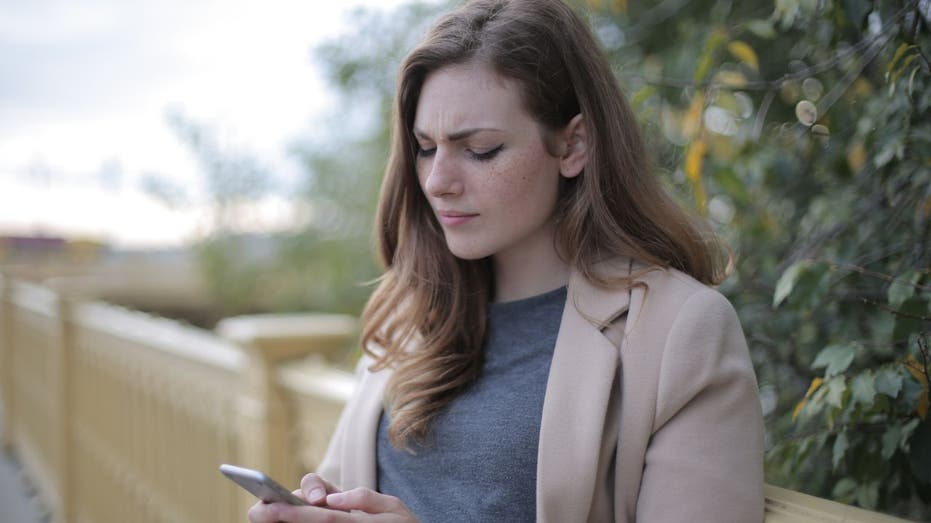What we can all learn from dogging
The best moment in a playwright’s life is when you see something and a play appears fully-formed in your head. That happened for me one warm night eight years ago, when I was walking home late after returning from seeing a play. I was living in Barnes, one of London’s poshest suburbs, and the word [...]


The best moment in a playwright’s life is when you see something and a play appears fully-formed in your head. That happened for me one warm night eight years ago, when I was walking home late after returning from seeing a play. I was living in Barnes, one of London’s poshest suburbs, and the word jumped out at me: “DOGGING”.
I wasn’t sure if the graffiti spray painted on the wall leading to the tennis court car park was random, intended as a protest or a provocation, or as genuinely useful advice. I wouldn’t dream of suggesting that the well-heeled and well-mannered denizens of Barnes engage in a bit of al fresco how’s your father but the sight of that word caused a whole play to manifest in my mind: upper middle class doggers. Frenetic sex against a car boot before breaking out the lapsang souchong for a quick tea break.
Everyone loves dogging, don’t they? When I tell people I’ve written a play about dogging, nearly everyone, regardless of whether they’re a friend or someone I’ve just met, responds the same way: giggling, then sharing their own dogging-adjacent anecdote. Funnily no one ever admits to going dogging, but everyone knows someone who does, or has a story of accidentally stumbling across a nest of doggers while taking a shortcut through a park a little too late in the evening.
Dogging is funny, and it’s funny because it’s non-threatening. I wanted to explore why that is. At a time when LGBTQ people’s rights are increasingly under attack (and when trans people are attacked and smeared by the libel that by simply existing in public are somehow acting out a sexual fetish), it’s weird that people who actually do have a fetish for exhibitionist sex are regarded as giggle-worthy. But dogging enjoys a benign reputation because it’s heterosexual-coded, and because it is regarded as so middle class and suburban. I was intrigued by the idea of subverting this by placing queer characters into an intensely heteronormative environment.
So I wrote a sweet and short play, a single scene: two young women meet while dogging and immediately fall in love, the piece ending with them agreeing to go on a first date to the cinema (how old fashioned!). The piece was performed at various short play festivals and received such riotous applause, I realised the potential for more. Then the government announced their proposed “porn ban”, an attempt to ban portrayals of certain sexual acts from porn. This ban seemed to target acts that show female pleasure or female domination (while counterpart sexual acts showing male domination were not named in the ban), and was perceived as an attack on female sexual liberation. This lead to the eye watering sight of porn stars, sex workers and feminist activists descending on the Houses of Parliament for a mass face sitting protest, at which rather incongruously Nick Clegg showed up to make a speech (in defence of facesitting!); he used the expression: “the government need to keep their noses out of other people’s private… lives.”
The full-length version of Puppy practically wrote itself, my pair of lovers deciding to start a feminist porn company together, which is then shut down by the porn ban, forcing them to become political activists and then struggle to balance their careers and activism with their romantic relationship. We debuted the play at Vault Festival, where it sold out. A West End transfer was mooted for summer 2020 but didn’t come to pass for some reason, and the play languished until the fine people at LGBTQ+ stage company Relish Theatre picked it up, and we’re now preparing for a four-week run at the King’s Head Theatre in London.
While my extensive research for this play was more along the lines of reading Foucault and Zizek (and listening to endless porn star and sex worker podcasts) than actually going dogging, dogging has still taught me a lot: that people should celebrate their bodies, and the people with whom they (consensually) share their bodies, without shame or fear. That sex and the emotions around sex are complicated and messy and that’s okay. And that we should never be afraid to talk about all of this, because it’s only by talking that we can understand each other. That is the function of theatre: to be a cultural empathy machine, a place where we can sit together in darkness to see people who are different from us or the same as us, and a place to encourage discussion. Puppy has certainly generated a lot of discussion in the rehearsal room, and I hope that’s what audiences take from seeing the play.



